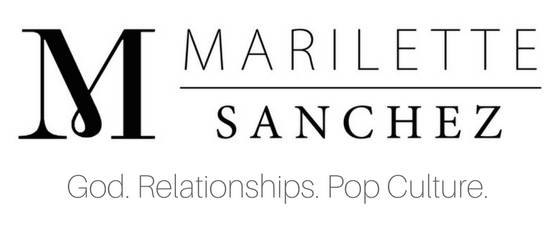My husband David and I have spent the past three and a half years interviewing and writing about Millenials (18-33 year olds) and their experiences forming relationships and families. What we’ve heard has convinced us that while young adults are delaying marriage, they still value marriage. Despite spouting off excuses (fear of divorce and few positive marriage models; little trust in the opposite sex; job instability and lack of financial peace; changing norms when it comes to sex, cohabitation, and childbearing; an over-idealized notion of romantic love; and more), Millenials still have a deep desire for marriage.
A recent article at National Review Online tells us that Millenials are “connected to friends, family, and colleagues on the ‘new platforms of the digital era,’” yet are disconnected from “the core human institutions that have sustained the American experiment— work, marriage, and civil society.” Only about 44 percent of young adults aged 18 to 29 are employed full-time. Only 26 percent are married, and almost half of children born to Millenials are born to unmarried women. Only 19 percent of Millenials say that “most people can be trusted.”
As a Millenial myself, these stats strike me as true, but tragic, something David and I wrote about at First Things last month. The good news, though, is that this is not the way Millenials want things to be. When it comes to marriage, young adults are not giving up. 80 percent of us still say that marriage is an “important” part of our life plan, according to the Knot Yet Report.
In one breath they might say, “Marriage is just a piece of paper.” But in the next, they say that it’s a piece of paper they want and that is important. David and I have made sense of this seeming contradiction by noting that it has a lot to do with the discrepancy between what young adults see as the ideal and what they see as reality. Ideally, they’d like to get married and create a stable family for their kids. But they feel that in reality this is hard to do, fewer and fewer people are doing it, and they are not sure how to do it themselves.
“Everybody wants that—it’s their dream,” 20-year-old Julie said of marriage when we interviewed her. Her friend Kelly agreed, tossing her blonde hair before wrinkling her pixie nose and asking, “But is it reality these days?”
Most of us struggle with the disconnect between what we want and what is realistic for us to attain. But with young adults and marriage, the gap seems glaringly impossible to bridge.
That’s why I’m so encouraged by initiatives like I Believe in Love (iBil), an online community of young adults dedicated to helping each other “write a different story about lasting love in America.” Their “About Us” page explains that the site is “written by real people telling real stories about real love” who are seeking “to understand how to get to love, marriage and family life, and how it to keep it.”
We Millenials must resist the temptation to allow life’s experiences to make us jaded by love. Take Mary, an iBil contributor, as an example. Six days before her freshman year of college, her parents separated. By choosing to surrounding herself with “couples who are in it for the long run,” she was able to move past her skeptical feelings toward marriage, and beyond her thoughts that marriage was nothing but “a hopeless cause.”
Most Millenials may be disconnected from marriage, work, and civil society—but it’s also something that we, like Mary, must take ownership of through creative measures of our own.
QUESTION: Why is there such a big gap between the ideal and reality when it comes to young people and marriage? Let me know in the comments below.







